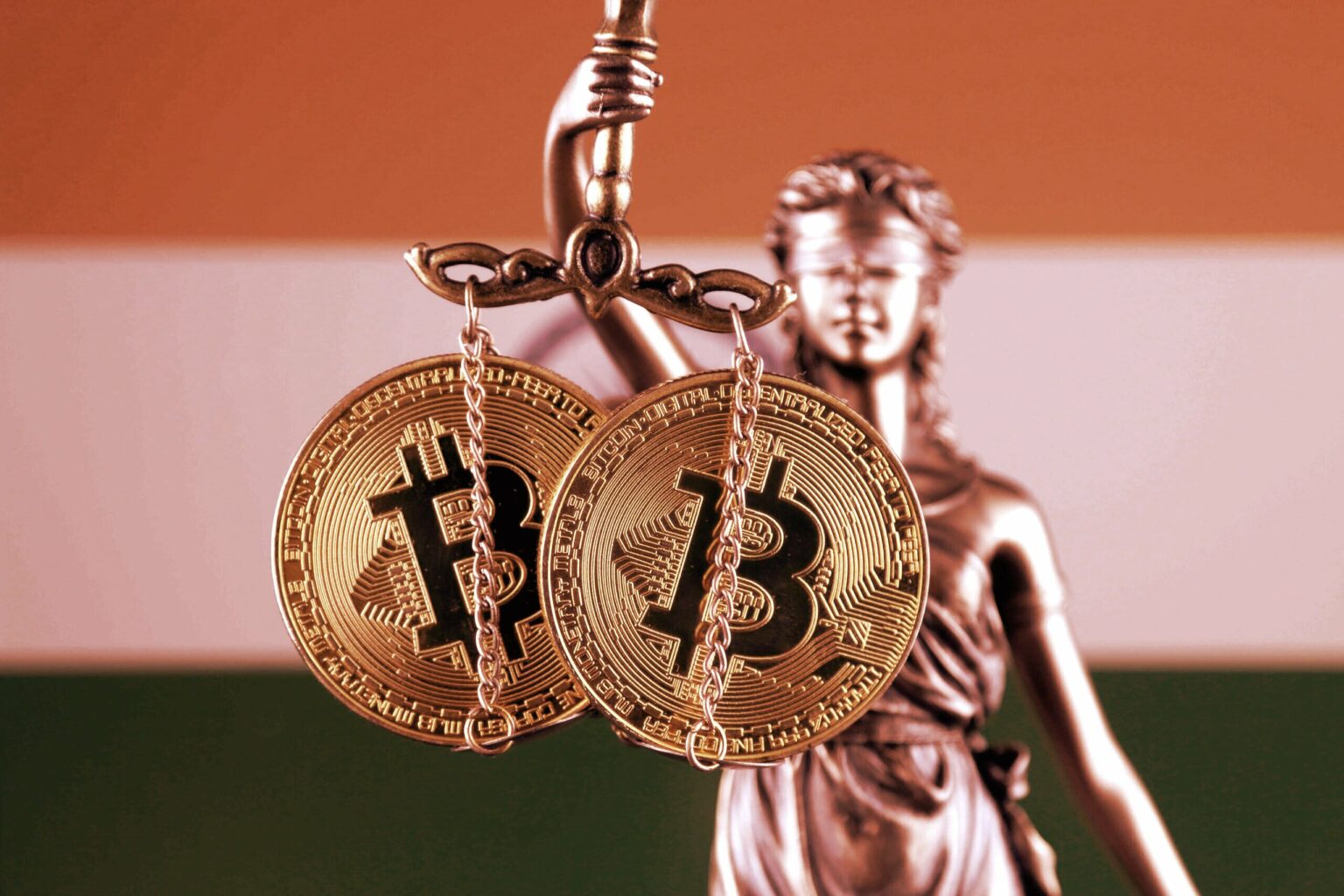On Sunday, CoinSwitch CEO, Ashish Singhal, said that “India must establish rules on cryptocurrencies to resolve regulatory uncertainty, protect investors, and boost its crypto sector”.
Although the Reserve Bank of India (RBI) has backed a ban on cryptocurrencies due to its risk to financial stability, the New Delhi government has called the income tax policy of the federal government a sign of acceptance.
“Users don’t know what will happen with their holdings – is the government going to ban, not ban, how will it be regulated?” said Singhal, a former Amazon engineer who co-founded CoinSwitch.
CoinSwitch, valued at $1.9 billion, says it is the largest crypto company in India, with more than 18 million users. Based in India’s leading tech hub of Bengaluru, the firm is backed by Tiger Global, Coinbase Ventures and Andreessen Horowitz.

“Regulations will bring peace more certainty,” he added.
Cryptocurrency companies and Blockchain have a significant presence at this year’s Davos meeting, coinciding with a period of crypto prices plummeting worldwide.
In December, India’s central bank voiced “serious concerns” around private cryptocurrencies, but Prime Minister Narendra Modi said, “such emerging technologies should be used to empower democracy, not undermine it”.
In India, exchanges struggle to partner with banks to facilitate funds transfers. In April, investors were alarmed when CoinSwitch and others disabled rupee deposits through a widely used state-backed network.
‘CLARITY’
Despite some progress in taxation and advertising regulation, Singhal said that much more remains to be done, adding that India needs its laws.
These should include guidelines on identity verification and crypto-asset transfers. In addition, India should put in place a mechanism that would allow exchanges to track transactions and, if necessary, report them to authorities.
While no official data is available on the size of the crypto market in India, CoinSwitch estimates 20 million investors and $6 billion in total holdings.
Regulatory uncertainty has been widely felt. For example, in April, Coinbase, the largest cryptocurrency exchange in the United States, launched in India but paused the use of a state-backed inter-bank fund transfer service within days.
In May, Coinbase CEO Brian Armstrong said the move was prompted by “informal pressure” from India’s central bank.
According to Singhal, CoinSwitch has also halted UPI transfers to talk to bank partners and get them on board. He added that CoinSwitch was in discussions with regulators to try and restart the transfer service. “We are pushing for regulations. So, we can get the clarity with the right regulation,” Singhal said.
In April, Big Indian crypto exchanges CoinSwitch Kuber and WazirX have disabled rupee deposits to purchase cryptocurrency through a widely-used state-backed transfer network.
India has worked for years to pass a law banning or regulating cryptocurrencies despite risking financial instability. The central bank has backed the ban. However, a recent decision to tax income from them suggests acceptance by authorities.
In February, India decided to tax income from cryptocurrencies and other digital assets at 30%, signalling that authorities accepted digital currencies, but uncertainty about over-regulation has weighed on the industry.

In October last year, CoinSwitch said it had raised more than $260 million for a valuation of $1.9 billion, underscoring the rise in popularity of crypto trading.
No official data is available on the size of India’s crypto market. Still, industry estimates say the number of investors ranges from 15 million to 20 million, with total holdings of about 400 billion rupees ($5.25 billion).
Read More – Nirmala Sitharaman calls money laundering and terror financing the biggest risks of cryptocurrency













